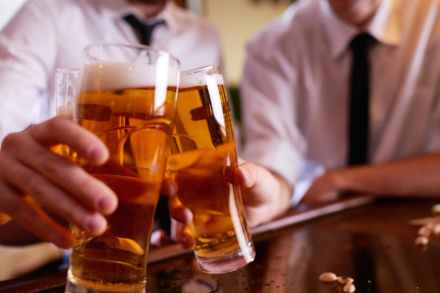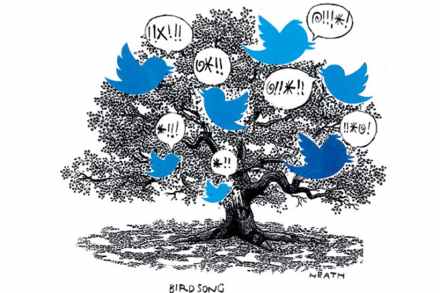This year’s festive challenge, inspired by Hillaire Belloc’s epigrammatic stinger ‘May all my enemies go to hell,/ Noel, Noel, Noel, Noel’, was to compose lines for a Christmas card courtesy of well-known poets. Poets moved to write Yule-inspired verse include that old killjoy William Topaz McGonagall: ‘The way to respect Christmas time/ Is not by drinking whisky or wine’. And, of course, John Betjeman: ‘And girls in slacks remember Dad,/ And oafish louts remember Mum,/ And sleepless children’s hearts are glad./ And Christmas morning bells say “Come!”…’ JB cropped up a fair amount in the entry, but nobody, alas, chose U.A. Fanthorpe, a poet notable for having sent verses to




















